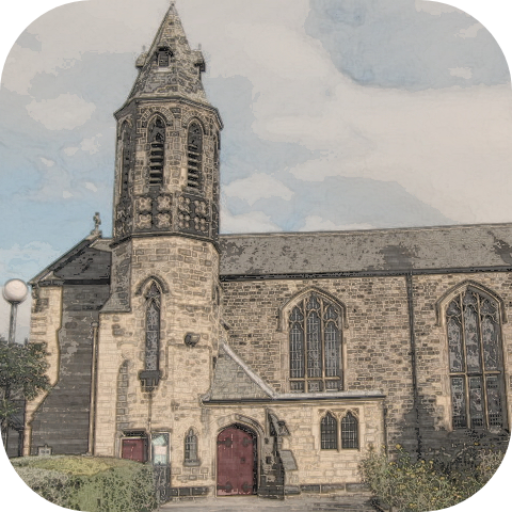St Augustine’s RC Church
Parish Safeguarding Reps.
Siobhan McEvoy
Ged Doherty
Alison Dunford
Please leave a message in the office
if you need to contact them 01325 266602
Introduction
The Catholic Church of England and Wales, the Bishops and Congregational Leaders are committed to safeguarding as an integral part of the life and ministry of the Church. We affirm the One Church approach to safeguarding children, young people and vulnerable adults through the promotion of a sustained and sustainable culture of constant vigilance.
The Church recognises the personal dignity and rights of all Vulnerable People towards whom it has a special responsibility. The Church and individual members of it undertake to take all the appropriate steps to maintain a safe environment for all and to practice fully and positively Christ’s Ministry towards children, young people and vulnerable adults and to respond sensitively and compassionately to their needs in order to help keep them safe from harm.
The Church authorities will liaise closely with statutory agencies to ensure that any allegations of abuse are promptly and properly investigated and where appropriate, survivors supported and perpetrators held to account.
The Church wishes to ensure that its parishes and Religious Congregations have the confidence to enable children, young people and vulnerable adults to have peace of mind, knowing they will be cared for and loved by their Christian community.
What is Safeguarding?
Every human being has a value and dignity which we as Catholics acknowledge as coming directly from God’s creation of male and female in his own image and likeness. This implies a duty to value all people and therefore to support them and protect them from harm.
In the Catholic Church this is demonstrated by the provision of carefully planned activities for children, young people and adults; supporting families under stress; caring for those hurt by abuse in the past; ministering to and managing those who have caused harm.
It is because of these varied ministries that we need to provide a safe environment for all which promotes and supports their wellbeing. This will include carefully selecting and appointing those who work with children, young people or vulnerable adults and responding robustly where concerns arise.
The main Government guidance setting out duties and responsibilities for all agencies and organisations who work with Children and Families is ‘Working Together to Safeguard Children’ which was published by the Department for Education and Skills in April, 2006 and was revised in 2010 by the Department for Children, School and Families following a report by Lord Laming. It provides guidance under the Children Acts 1989 and 2004.
‘Working Together to Safeguard Children’ refers directly to Faith Communities and sets out the responsibilities and expectations of all churches and faith communities in safeguarding children and promoting their welfare.
It recognises that churches provide a wide range of services for children; and that religious leaders, staff and volunteers have an important role in safeguarding and supporting children and families.
Children may be in need of protection from abuse or maltreatment in their own home or in other environments including the church itself. Wherever a child is at risk or concerns are raised about a child, all adults have a duty to act to safeguard that child and promote his or her welfare.
The need to safeguard children is not confined to any particular age group or groups in the community and all concerns should be responded to equally, always bearing in mind that the welfare of the child is paramount.
In all research and in reviews where a child has died or been seriously injured as a result of abuse, the same messages to all organisations come back time and again – namely, the importance of adults responding promptly to concerns, listening to children with respect and most importantly, communicating effectively with one another within and between organisations and agencies.
